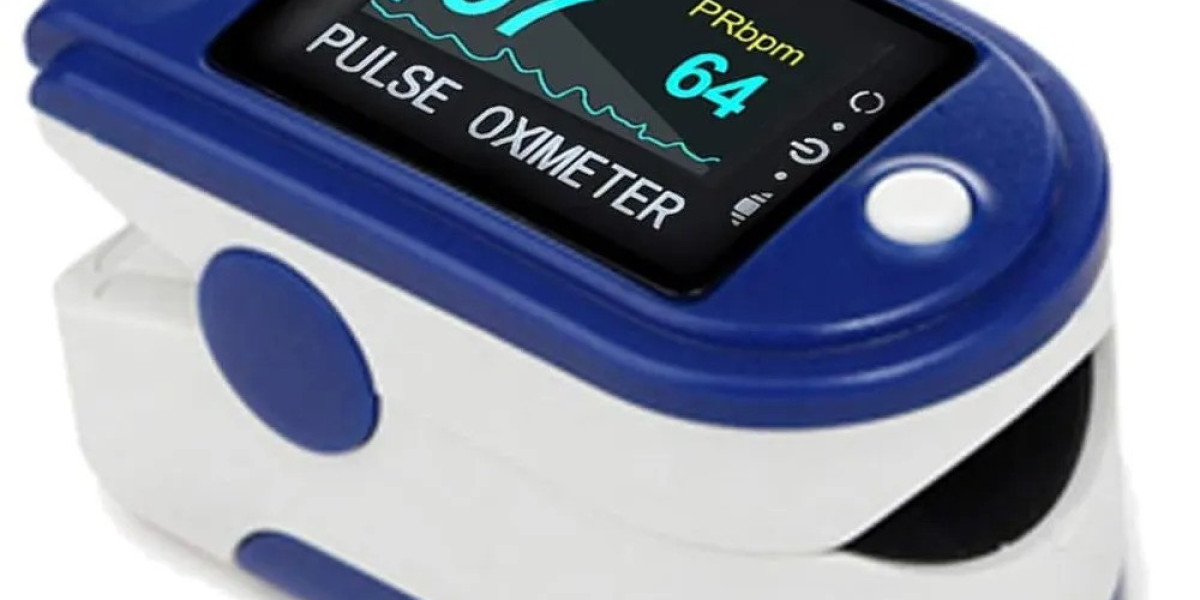Dental Patient Communication Guide: What Works and What to Avoid
Introduction
In dentistry, excellent communication is just as important as clinical skills. Patients want to feel heard, understood, and informed. Poor communication can result in anxiety, confusion, and treatment delays, while effective communication builds trust, encourages compliance, and enhances satisfaction. This guide explains in detail what works, what to avoid, and proven tips to help your practice engage patients better than ever.
What Works in Dental Patient Communication
1. Active Listening
Active listening shows patients you value their concerns.
- Make eye contact and give undivided attention.
- Repeat or summarise their concerns to confirm understanding.
- Ask open-ended questions to encourage discussion.
2. Using Simple, Clear Language
Avoid dental jargon that confuses patients.
- Use layman-friendly explanations for procedures and treatments.
- Combine explanations with visual aids like X-rays, diagrams, or videos.
- Provide written summaries to reinforce key points.
3. Empathy and Reassurance
Dental anxiety is common. Empathy helps patients relax.
- Acknowledge their fears instead of dismissing them.
- Offer reassurance about pain management options.
- Use calming body language and tone.
4. Consistent Follow-Ups
Following up after treatment shows you care.
- Send a text or call to check recovery progress.
- Share aftercare instructions clearly.
- Encourage feedback to improve services.
5. Leveraging Technology
Modern tools make communication efficient.
- Use automated appointment reminders to reduce no-shows.
- Offer patient portals for secure messaging and access to records.
- Implement chatbots for FAQs and instant responses.
What to Avoid in Dental Patient Communication
1. Overloading with Technical Terms
Patients may feel intimidated or lost if you overuse medical jargon. Always simplify explanations.
2. Rushed Consultations
Patients notice when consultations are hurried. Take time to answer their questions thoroughly and build rapport.
3. Ignoring Non-Verbal Cues
Your body language matters. Avoid looking distracted or impatient. Smile, nod, and maintain an open posture.
4. Making Assumptions
Do not assume patients understand procedures or can afford specific treatments. Provide clear explanations and discuss all options.
5. Lack of Personalisation
Patients appreciate personalised communication. Use their names, recall previous visits, and adapt recommendations to individual needs.
Pro Tips for Better Engagement
- Offer educational resources (videos, brochures) to empower patients.
- Maintain a friendly yet professional tone in all communications.
- Encourage patient feedback to improve service quality.
- Train your staff regularly on soft skills and empathy.
- Use multichannel communication (WhatsApp, SMS, email) to match patient preferences.
Conclusion
Effective communication is a cornerstone of successful dental practice. It builds trust, improves patient compliance, and ensures better treatment outcomes. By adopting effective strategies and avoiding common pitfalls, your practice can strengthen patient relationships and stand out in a competitive market.
Transform your communication strategy with innovative tools. Dental Guru Software helps dental clinics streamline communication, automate reminders, and create a smooth, patient-friendly experience at every touchpoint.
FAQs
1. Why is communication so important in dentistry?
Good communication builds trust, reduces patient anxiety, and ensures treatment compliance.
2. How can technology improve patient communication?
Using tools like patient portals and automated reminders keeps patients informed and engaged with minimal effort.
3. What should dentists avoid when talking to patients?
Avoid medical jargon, rushing consultations, and making assumptions about patient understanding or preferences.
4. How do follow-ups benefit dental practices?
Follow-ups show care, boost patient satisfaction, and encourage return visits for ongoing treatment.
5. Can Dental Guru Software help with communication?
Yes, Dental Guru Software automates reminders, manages patient interactions, and improves communication for better patient experiences.







